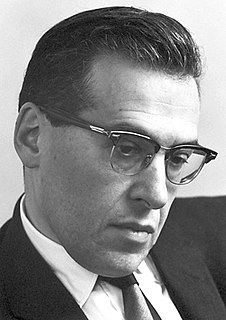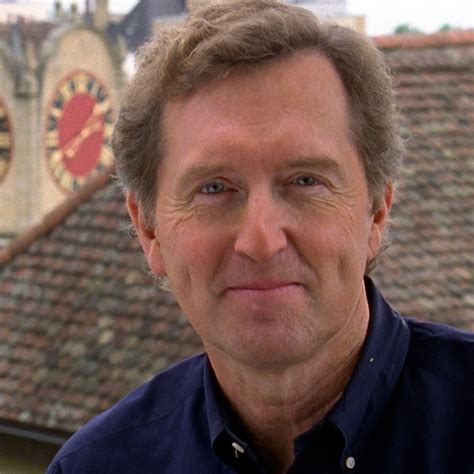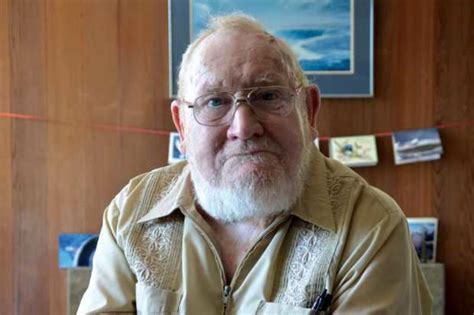A Quote by Martin Rees
Charles Darwin [is my personal favorite Fellow of the Royal Society]. I suppose as a physical scientist I ought to have chosen Newton. He would have won hands down in an IQ test, but if you ask who was the most attractive personality then Darwin is the one you'd wish to meet. Newton was solitary and reclusive, even vain and vindictive in his later years when he was president of the society.
Related Quotes
Even Johannes Kepler, Isaac Newton, Charles Darwin, Gregor Mendel, and Albert Einstein made serious mistakes. But the scientific enterprise arranges things so that teamwork prevails: What one of us, even the most brilliant among us, misses, another of us, even someone much less celebrated and capable, may detect and rectify.
Darwin was one of our finest specimens. He did superbly what human beings are designed to do: manipulate social information to personal advantage. The information in question was the prevailing account of how human beings, and all organisms, came to exist; Darwin reshaped it in a way that radically raised his social status. When he died in 1882, his greatness was acclaimed in newspapers around the world, and he was buried in Westminster Abbey, not far from the body of Isaac Newton. Alpha-male territory.
Let's find and remedy all our weaknesses before our enemies get a chance to say a word. That is what Charles Darwin did. ...When Darwin completed the manuscript of his immortal book "The Origin Of Species" he realized that the publication of his revolutionary concept of creation would rock the intellectual and religious worlds. So he became his own critic and spent another 15 years checking his data, challenging his reasoning, and criticizing his conclusions.
We have to start at ground zero and ask what it means to have a real connection with God and what it means to pray. We have to recast our whole understanding of God. We live on the other side of Copernicus, Kepler, Galileo, Isaac Newton, Charles Darwin, Sigmund Freud, Albert Einstein, Steven Hawking, a whole group of people who have recast the way we think about reality.
Identification with one's office or title is very attractive indeed, which is precisely why so many men are nothing more than the decorum accorded to them by society. In vain would one look for a personality behind the husk. Underneath one would find a very pitiable little creature. That is why the office is so attractive: it offers easy compensation for personal deficiencies.
The Church demonstrated the falsity and folly of Darwin's theories by showing that they contradicted the Mosaic account of creation, and now that the theories of Darwin having been fairly established, the Church says that the Mosaic account is true because it is in harmony with Darwin. Now, if it should turn out that Darwin was mistaken, what then?
Much of the geographical work of the past hundred years... has either explicitly or implicitly taken its inspiration from biology, and in particular Darwin. Many of the original Darwinians, such as Hooker, Wallace, Huxley, Bates, and Darwin himself, were actively concerned with geographical exploration, and it was largely facts of geographical distribution in a spatial setting which provided Darwin with the germ of his theory.
Let me lay my cards on the table. If I were to give an award for the single best idea anyone ever had, I'd give it to Darwin, ahead of even Newton or Einstein and everyone else. In a single stroke, the idea of evolution by natural selection unifies the realm of life, meaning, and purpose with the realm of space and time, cause and effect, mechanism and physical law. It is not just a wonderful idea. It is a dangerous idea.


































